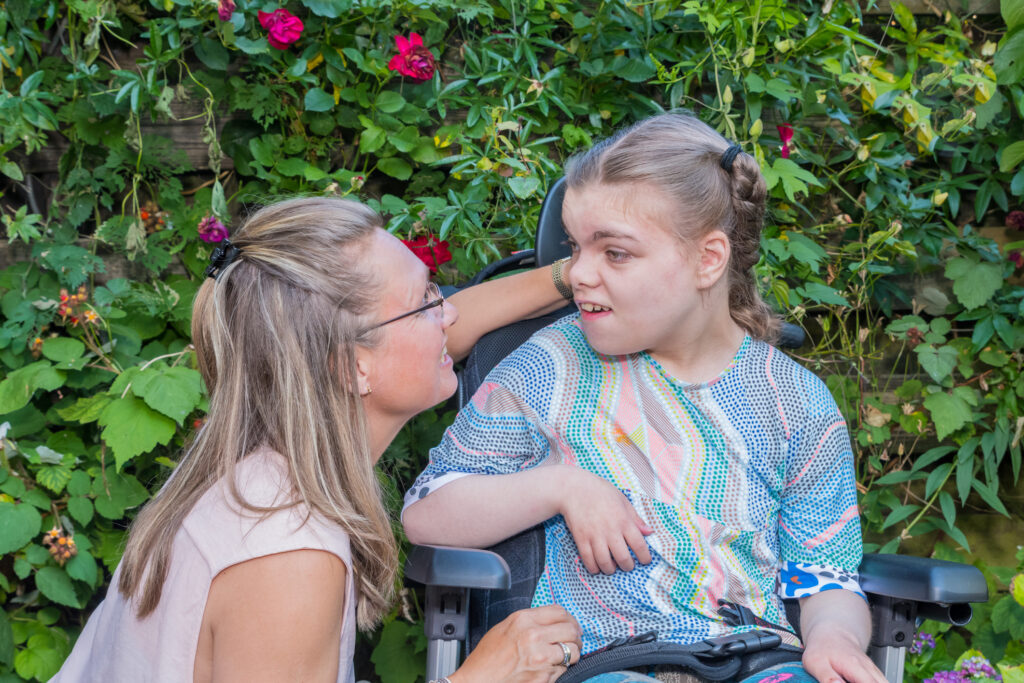
As a carer or family member supporting a loved one, you have an invaluable impact on the life of the person you care for, whether it is a family member or a friend.
As a carer, the everyday commitment of providing the best possible care is fulfilling and meaningful. However, carers can be more vulnerable to poor health because they often overlook their own physical and emotional needs while tending to the needs of their loved one.
According to the National Health Institute, the risk of carers experiencing depression is 30 times higher than non-carers.
While not all carers experience symptoms of depression, stress levels can be higher than average, due to the daily requirements of the caring role.
A study from the Family Caregiver Alliance reports that between 40 per cent to 70 per cent of carers have symptoms of depression. However, most carers do not describe themselves as feeling depressed, because they either do not recognise the symptoms in themselves or they do not want to admit it due to fear of stigma or judgement from others. Carers can sometimes be hesitant to admit that they feel depressed, because they may feel guilty or ashamed.
Recognising the Signs of Depression
Depression is a really complex condition that can emerge from very different factors. It’s important to know how recognise the symptoms so you can take early steps to improve your wellbeing.
Some symptoms of depression may include:
- Feelings of sadness, worthlessness or hopelessness
- Changes in eating habits resulting in weight loss or gain
- Disturbed sleep or insomnia
- Feeling tired all the time, loss of interest in hobbies or activities
- Difficulty focusing or thinking
- Neglecting your physical well-being and appearance
- Physical symptoms that do not respond to treatment, such as headaches, stomach-aches, and / or back pain
To provide the best care, it’s important to first focus on your own wellbeing as a carer. It will be easier for you to provide the best possible care if you are feeling well physically and emotionally and not overwhelmed by fatigue, stress or negative feelings.
Please note:
If you think you may be showing signs of depression, you should consult your doctor. There are also organisations, such as Carers NSW that can direct you to the right people and professionals to talk to.
Practical Tips to Balance your Wellbeing
1. Integrate Wellbeing Practices into Daily Living
Taking care of yourself is essential to being a capable carer. This means setting aside time for activities that nourish your body and mind, such as cooking nutritious meals, engaging in regular exercise, and ensuring you get sufficient rest. Practicing mindfulness or meditation can also help manage stress. Remember, when you prioritise your own well-being, you not only improve your health but also enhance your ability to provide support to your loved one. Small changes, like a daily walk or scheduling a weekly hobby, can make a significant difference in your overall mood and energy levels.
2. Ask for Support.
People around you may be able to support you. See which tasks you can delegate to another family member or friend. For instance, making dinner, running errands, doing the laundry or if it’s appropriate, taking the person you care for to an appointment. It’s better to not wait until you feel overwhelmed to ask for support.
Carer Gateway is an Australian Government program that provides information and advice on the supports available to carers to promote your wellbeing
3. Maintain personal relationships.
Sometimes providing care for a loved one can take time away from your other relationships with friends and family. Place importance on maintaining these relationships. They will support you and give you strength.
4. Take time for yourself.
Compassion fatigue is common among carers so self-care is very important. It might seem like a lot to take a break to relax and have some fun, but allowing yourself this time will help you recharge and meet your next day with energy and optimism. Go for a walk in the sun, have dinner with friends, visit the movies – do something that fills your cup.
If you are a primary carer of a person living with disability and seeking respite, Ability Options provide a range of respite services in the Hunter and Mid North Coast. Our Short Term Accommodation services ensure the needs of your loved ones are supported while you take a break. allowing your
5. Join a support group.
Joining a support group is a great way to communicate and share any concerns, frustrations, celebrate joys and hear advice in a safe space. Connecting with your peers, other carers who have had similar lived experience is powerful way to feel understood and supported and reduce feelings of isolation
There are some great organisations and support groups you can reach out to: Carers Australia, Sane Australia, Lifeline and Beyond Blue.


